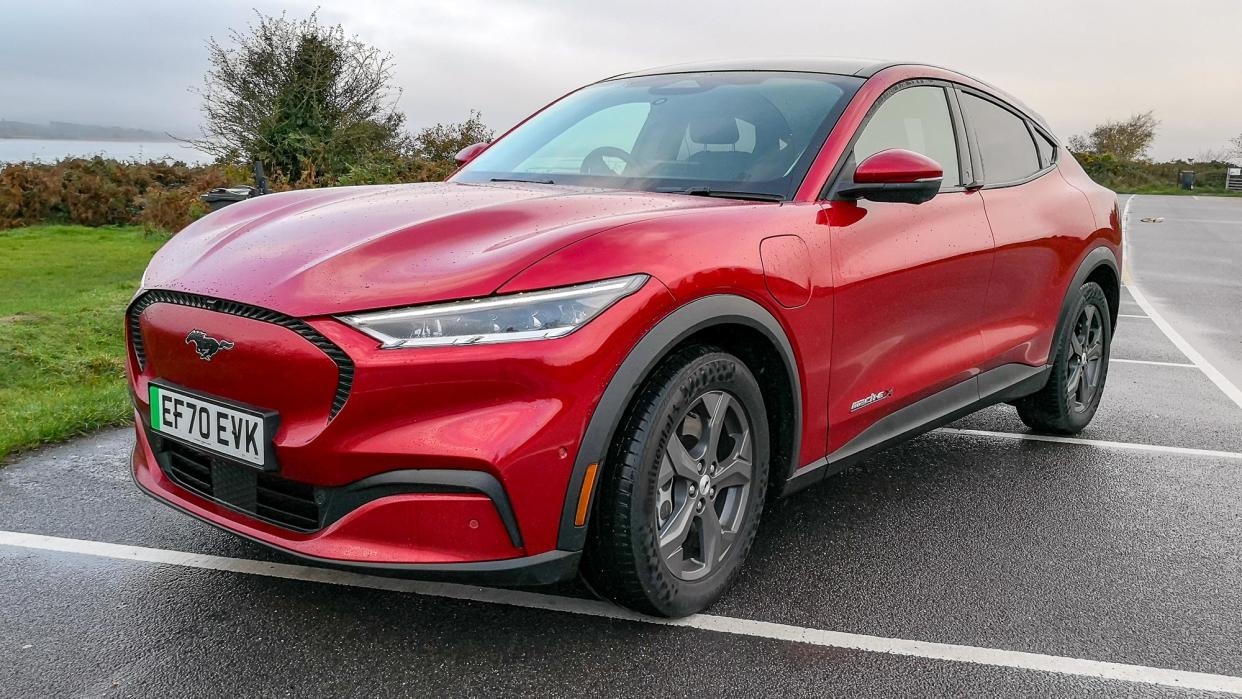Ford's hands-free driving technology reportedly linked to three highway deaths

The National Highway Traffic Safety Administration (NHTSA) in the U.S. is investigating Ford's hands-free BlueCruise driver assistance technology, and its possible involvement in two crashes, which killed three people. BlueCruise is available in the Mustang Mach-E and the F-150 Lightning, though the trucks haven't been involved in any hands-free accidents as of this writing.
The NHTSA filing, spotted by PCMag, was submitted last week. In both cases, the Ford car was traveling and crashed into a stopped vehicle in traveling lanes. The filing from the NHTSA's Office of Defects Investigation (ODI) says that BlueCruise driver assistance technology was active "immediately prior" to the wrecks. The technology is designed to allow the car to use cameras and radar-sensing equipment on the vehicles to enable drivers to take their hands off the wheel while in motion.
In total, there are approximately 130,000 Ford vehicles with BlueCruise on the road. If the NHTSA and Ford were to issue a recall, it would have wide-reaching implications. It won't be as complex for Ford to fix if it can be fixed with a software update, like Tesla's autopilot issues. If the fix requires owners to bring their vehicles into a Ford shop, like what's happening with the CyberTruck, it will be a much more complex process.
PCMag contacted Ford for comment and was told, "We are working with NHTSA to support its investigation." The Ford representative didn't elaborate on whether a recall is in the works or if these are isolated incidents.
When using BlueCruise or any of the other hands-free driving technologies on the market, automakers advise drivers to remain alert and focused on the road in case an unexpected event occurs. Ford's technology is supposed to alert drivers if they need to take control. With these specific incidents, it's not known whether the drivers were paying attention or if they were alerted before the crash took place. Presumably, that's part of what the NHTSA is investigating.
It seems we're still a long way away from self-driving cars taking over the road. Sure, hands-free driving and Tesla's autopilot have come a long way in a short time, but there appears to be a lot more work required.

